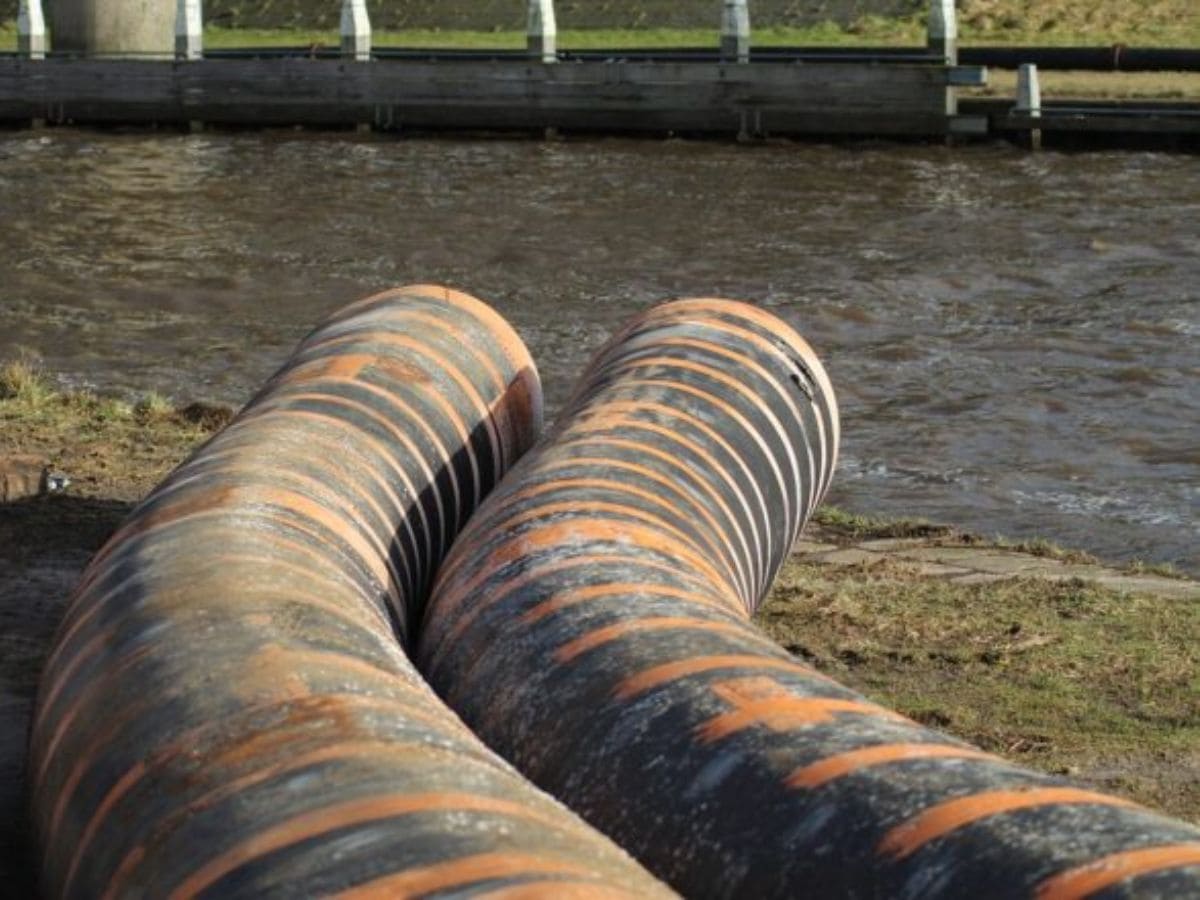
Hyderabad: The Hyderabad Metropolitan Water Supply and Sewerage Board (HMWSSB) has set a goal to achieve full sewage treatment coverage in the Greater Hyderabad Municipal Corporation (GHMC) area by December 2025. This initiative is part of a Rs. 3,866-crore project funded by the Telangana government to enhance urban sanitation and protect local water bodies from untreated sewage.
As part of the project, six new Sewage Treatment Plants (STPs) with a combined capacity of 527 Million Liters per Day (MLD) have already been inaugurated. These state-of-the-art plants use advanced Sequential Batch Reactor (SBR) technology and are located at Nagole, Fathenagar, Miralam-I, Khajakunta, Miyapur-Patelcheruvu, and Safilguda.
These facilities serve densely populated areas, significantly improving sanitation and urban hygiene in the city. With the addition of these STPs, Hyderabad’s total sewage treatment capacity has increased to 1,338 MLD.
To further enhance sewage treatment, 10 more STPs with a combined capacity of 453 MLD are under construction. These facilities are expected to be completed by December 2024, raising the city’s total treatment capacity to 1,791 MLD.
Once operational, Hyderabad will achieve comprehensive sewage treatment, aligning with the needs of its rapidly growing urban population.
The project also fulfills directives from the National Green Tribunal (NGT), which highlighted the need to prevent untreated wastewater from flowing into the Musi River. Treated wastewater from the new STPs will be safely discharged into water bodies, helping maintain the hydrological balance and promoting environmental sustainability.
In addition to building new STPs, the HMWSSB is working on a large-scale sewer network improvement project. This involves laying 2,656 kilometers of new sewer lines across the GHMC area at a cost of Rs. 6,677 crore.
The expanded sewer network will integrate more neighborhoods into the city’s sanitation system, ensuring better waste management for Hyderabad’s rapidly increasing population.



